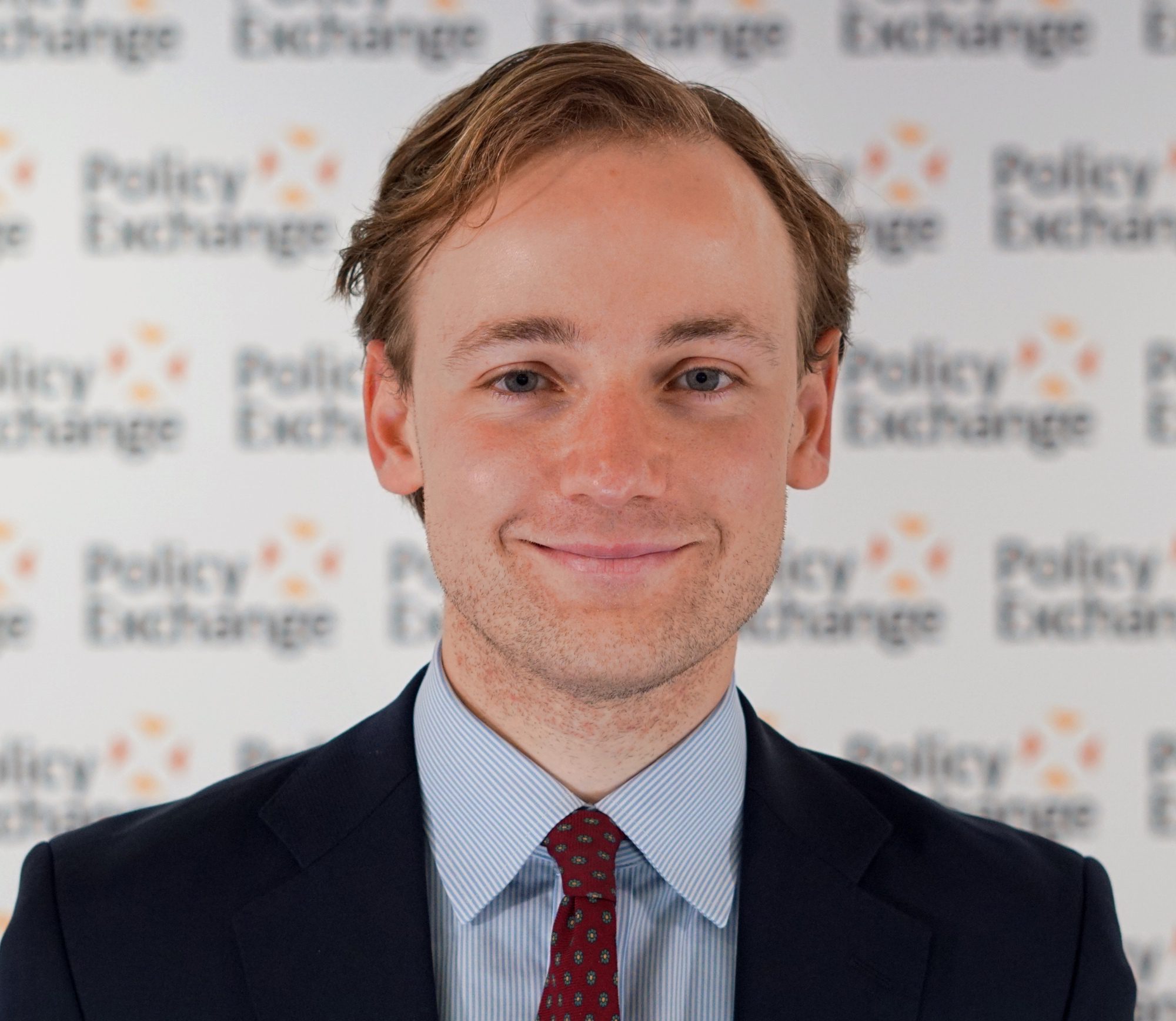Why does Policy Exchange need a Head of Political Economy? Political economy and economics are often treated as synonyms. But there are some important differences between the two, and recognising them can greatly enrich the way we frame both the challenges facing our country, and how best to solve them.
Of course historically, political economy predates economics as a discipline. Alfred Marshall became Cambridge University’s first professor of economics in 1890, and before then university professorships were usually attached instead to the study of political economy, and prior to that, “moral philosophy”. Indeed, Adam Smith himself was the Chair of Moral Philosophy at Glasgow University.
That it was Marshall – a member, alongside William Stanley Jevons and Arthur Pigou, of the Cambridge School – who became the first professor of economics at Cambridge, is revealing. Marshall wanted to inject a greater degree of methodological consistency into the field, and called for a scholarly focus on descriptive laws and processes. “The raison d’etre of economics as a separate science”, he wrote in his popular economics textbook The Principle of Economics, “is that it deals chiefly with that part of man’s action which is most under the control of measurable motives; and which therefore lends itself better than any other to systematic reasoning and analysis”.
We might think of economics, then, as the descriptive study of the “tendencies of man’s actions under certain conditions”, and the way in which market forces operate. But even Marshall knew there was more to studying the economy than this – for a descriptive assessment of human tendencies under certain conditions cannot give us answers to normative questions.
Which is why it remains valuable to have a discipline called “political economy” that stands separate from economics. Alexander Salter has referred to the “art” of political economy and the “science” of economics, which is a fairly useful way to think about the distinction. Of course, it is vital that those engaging in political economy are doing economics well. These two disciplines ought to be complimentary. But retaining that delineation is intellectually valuable.
Political economy concerns the interaction of those descriptive laws of economics with society and politics, history and law, and it has three characteristics that are worth drawing out specifically. Firstly, it is a normative, moral exercise, concerned with setting out what sort of ends we might want to pursue in society. Economics can help us to figure out which policies are most likely to stimulate economic growth, for example; political economy tells us why growth is valuable, and what further objectives it might be used in the service of. And to this end – because it is outward facing and deals with the political domain of values – political economy is explanatory and narrative: it seeks to persuade people as to why to organise an economy in a particular way. Even a free market economy, As Wilhelm Ropke put it, “must find its place in a higher order of things which is not ruled by supply and demand, free prices, and competition”.
Related to this above point, political economy recognises that markets are not self-sustaining; that their value and utility to society is conditional on a range of other factors. To this end, and related to the previous point, political economy denies that the limit to normative thinking on this subject is how best to make markets work efficiently, valuable as this obviously is. Political economy is also concerned with creating the conditions which will sustain free markets, and ensure that they operate in a way conducive to the general interests of society.
Finally, political economy is contextualist. So while it is certainly normative, it does not seek to provide timeless answers to political questions. Rather, it seeks context-specific answers to perennial questions about how best to organise society. This is the “political” dimension to political economy: its practitioners may well have firm convictions and stable values, but they do not seek to provide theories about how humans will behave and interact always and everywhere. They aim to persuade people about what economic policies should be pursued at a given moment. Instead of seeking eternal economic truths, political economy is responsive to the challenges of the day.
There seems to be a wide consensus that growth is a vital imperative for policymakers in the UK. But what is lacking is a detailed assessment of what concrete policies should be pursued, and a compelling case for why people should make trade-offs and compromises to deliver that growth. And this means that both good economics and thoughtful political economy are required.
Our Policy Programme for Prosperity project has been established to offer both these things. To evaluate the policies that have historically worked to stimulate growth, and to persuade people as to why pursuing such an end is worthwhile and in their interests. We are lucky to have in Roger Bootle one of the UK’s most gifted economists, with an intimate knowledge of Westminster, to lead the project. At a moment of great disillusionment with the British economic model, and with capitalism once again contested and challenged in the realm of ideas, Policy Exchange’s programme could not be timelier.

